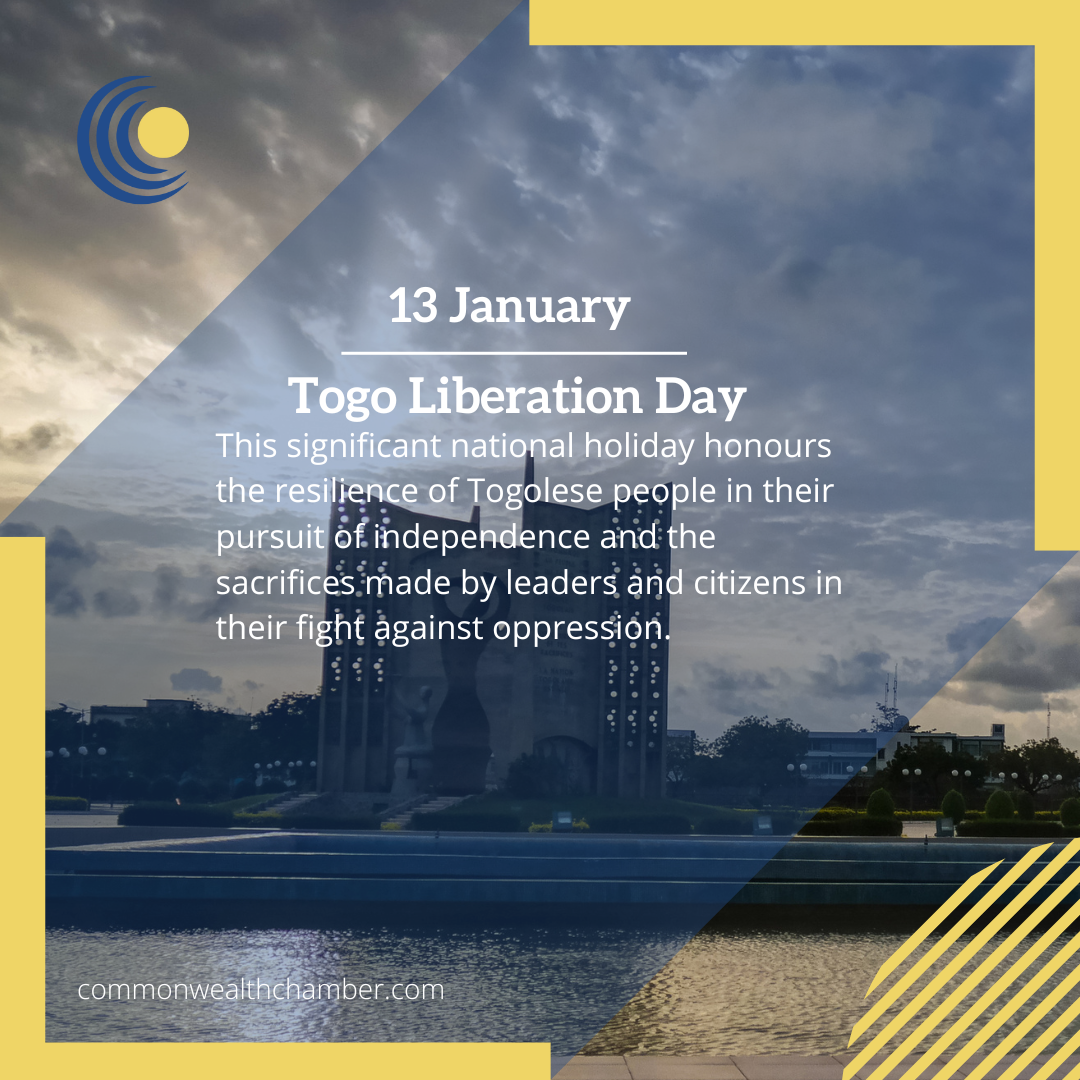The day marks a pivotal moment in Togo’s history, reflecting on its journey from a German protectorate to a French-administered mandate under the League of Nations and eventually achieving full independence on 27 April 1960. While the official Independence Day celebrates Togo’s autonomy, Liberation Day focuses on the ongoing struggle for political and social justice within the nation.
The origins of Liberation Day lie in the political upheaval of the early 1960s, particularly the assassination of Sylvanus Olympio, Togo’s first President, on 13 January 1963. Olympio was a key figure in Togo’s independence movement, championing economic self-reliance and resisting external pressures. His death marked a significant turning point in Togo’s post-independence political landscape, leading to decades of military influence and political challenges.
Liberation Day allows Togolese citizens to reflect on their history and reaffirm their commitment to building a just and prosperous nation. Celebrations often include cultural events, community gatherings, and educational programmes aimed at fostering national pride and unity. Speeches by political leaders and civil society groups typically underscore the importance of democratic values, human rights, and continued efforts to address social inequalities.
